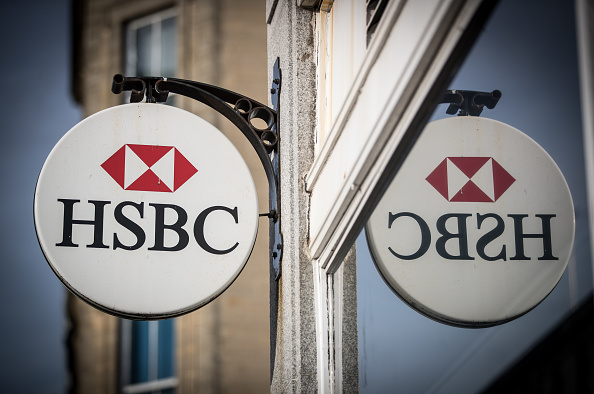On Tuesday, the UK and Hong Kong-listed banking giant’s new boss dropped a restructuring bombshell: it will simplify its current setup and go all-in on a new geographical strategy.
The bank is splitting its global operations into two regions, east and west, and merging some of its commercial and institutional banking business. The “new” HSBC will have four business lines: the UK, Hong Kong, corporate and institutional banking, and wealth banking.
According to sources, the layoffs are set to begin as soon as this quarter and will primarily impact those in the merging commercial and institutional banking units. In a memo sent out earlier today, CEO Georges Elhedery didn’t sugarcoat it: those job cuts are coming. “We’re simplifying the structure to unlock our full potential,” he said.
One way to translate Elhedery’s words is to think – if you’re not in Asia, you might be on the chopping block. It is essentially trimming the fat in regions that aren’t pulling their weight, i.e. the West, and betting big on high-growth markets like Hong Kong and China.
- HSBC is also reshuffling leadership – Pam Kaur, the former chief risk officer, is taking over as CFO.
- It will now operate under two umbrellas: Eastern Markets covering Asia-Pacific and the Middle East, and Western Markets covering Europe, the UK and the Americas.
Why change?
The split and consequent layoffs could help make the bank more efficient and leaner. It’s always a good thing, consultants will tell you.
But it is Elhedery’s step to merge the commercial bank, which reportedly serves over 1.2 million businesses from startups to corporate giants, with the investment banking business that deserves more of our time.
That division has always had the potential to rake in more cash, if it could just get those clients to buy more of its products. The problem? The execs running that ship have been keeping HSBC’s investment bankers at arm’s length, not wanting them to go all “used car salesman” on their customers.
But now Elhedery is mashing the two divisions together (except in Hong Kong and the UK) into a new corporate and institutional unit. The goal? Cross-selling, baby.
Nothing says “closer cooperation” like squeezing out extra profits, and this could potentially supercharge HSBC’s stock in London, which with its paltry 8% increase this year has trailed the STOXX Europe 600 Banks Index, which is up 21% this year.





